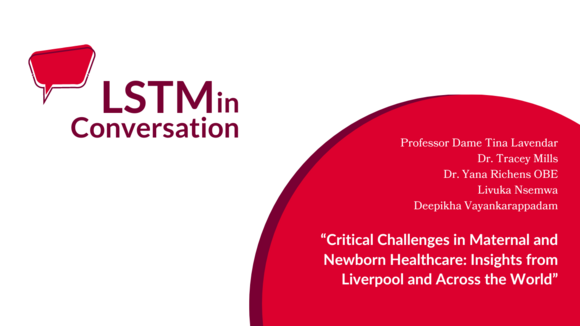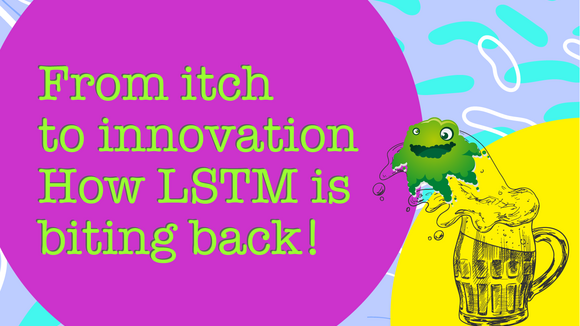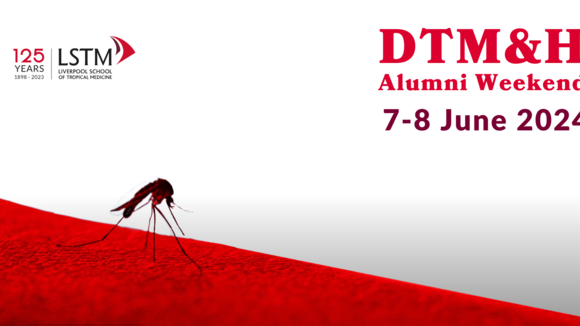
Liverpool School of Tropical Medicine
Celebrating 125 years of global health impact in 2023
-
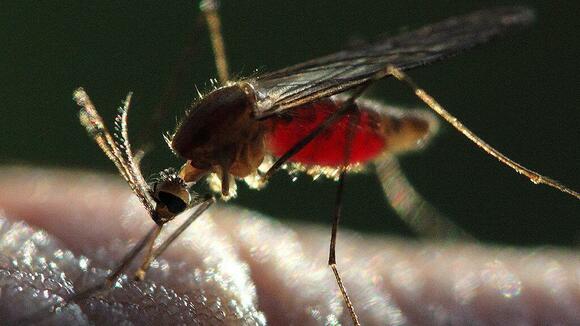 News article25 Apr 2024World Malaria Day: Emerging threats but reasons to be hopeful
News article25 Apr 2024World Malaria Day: Emerging threats but reasons to be hopeful -
 News article22 Apr 2024Poem to encourage breast cancer screening shortlisted for international film award
News article22 Apr 2024Poem to encourage breast cancer screening shortlisted for international film award -
 News article12 Mar 2024New £10m robotic labs investment for iiCON in plans to ‘supercharge’ Liverpool life sciences
News article12 Mar 2024New £10m robotic labs investment for iiCON in plans to ‘supercharge’ Liverpool life sciences -
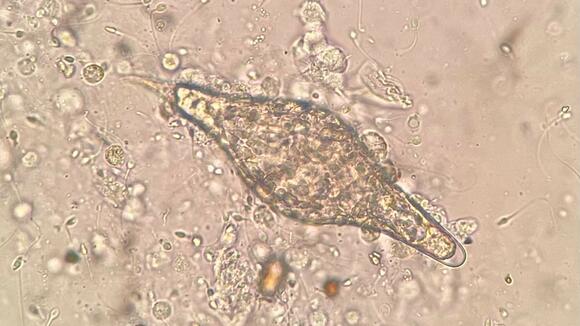 News article27 Mar 2024Hybrid schistosomiasis infections that may threaten elimination strategies studied in new research
News article27 Mar 2024Hybrid schistosomiasis infections that may threaten elimination strategies studied in new research -
 News article26 Mar 2024New project supports health services in extreme weather response
News article26 Mar 2024New project supports health services in extreme weather response -
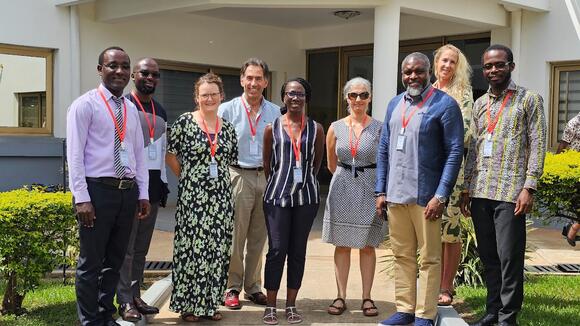 News article13 Mar 2024LSTM and partners in four African countries launch the African Snakebite Alliance
News article13 Mar 2024LSTM and partners in four African countries launch the African Snakebite Alliance
